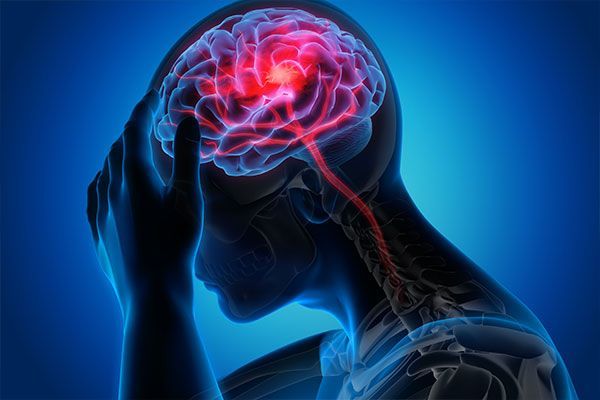Know the Signs of Stroke, It Could Save a Life
While strokes are the fifth leading cause of death in the United States, recovery is possible if doctors are able to intervene quickly. It is critical for everyone to learn the symptoms of stroke so that they can spot them early and call 9-1-1 for medical assistance as soon as possible.
Act F.A.S.T.
If you believe that someone may be suffering from a stroke, remember the acronym F.A.S.T. to identify key signs of a stroke. F.A.S.T. stands for:
F - Face Drooping
Ask the person to smile and take note of how their face looks. Is their smile uneven or drooping? Is their face numb at all?
A - Arm Weakness
Ask the person to raise both of their arms. If they have trouble raising their arms, one arm droops lower than the other or if they experience any tingling in either arm, this may be a sign of stroke.
S - Speech Troubles
Ask the person to repeat a simple sentence after you. Pay attention to their speech and see if it is hard to understand them.
T - Time
If the person fails any of these checks, seek emergency medical attention right away by calling 9-1-1. Time is of the essence when treating stroke patients, so it is critical to get them care as soon as possible.
Additional Signs of Stroke
Strokes can sometimes have other signs, beyond those outlined in F.A.S.T. Generally a good rule of thumb is to be concerned about any sudden changes in neurological symptoms. These can include (but are not limited to):
- Sudden Numbness
- Sudden Confusion
- Sudden Trouble Seeing
- Sudden Trouble Walking
- Sudden Severe Headache
Again, the best thing to do if you suspect that someone may be experiencing a stroke is to call 9-1-1 immediately. Acting F.A.S.T. may save someone’s life!












